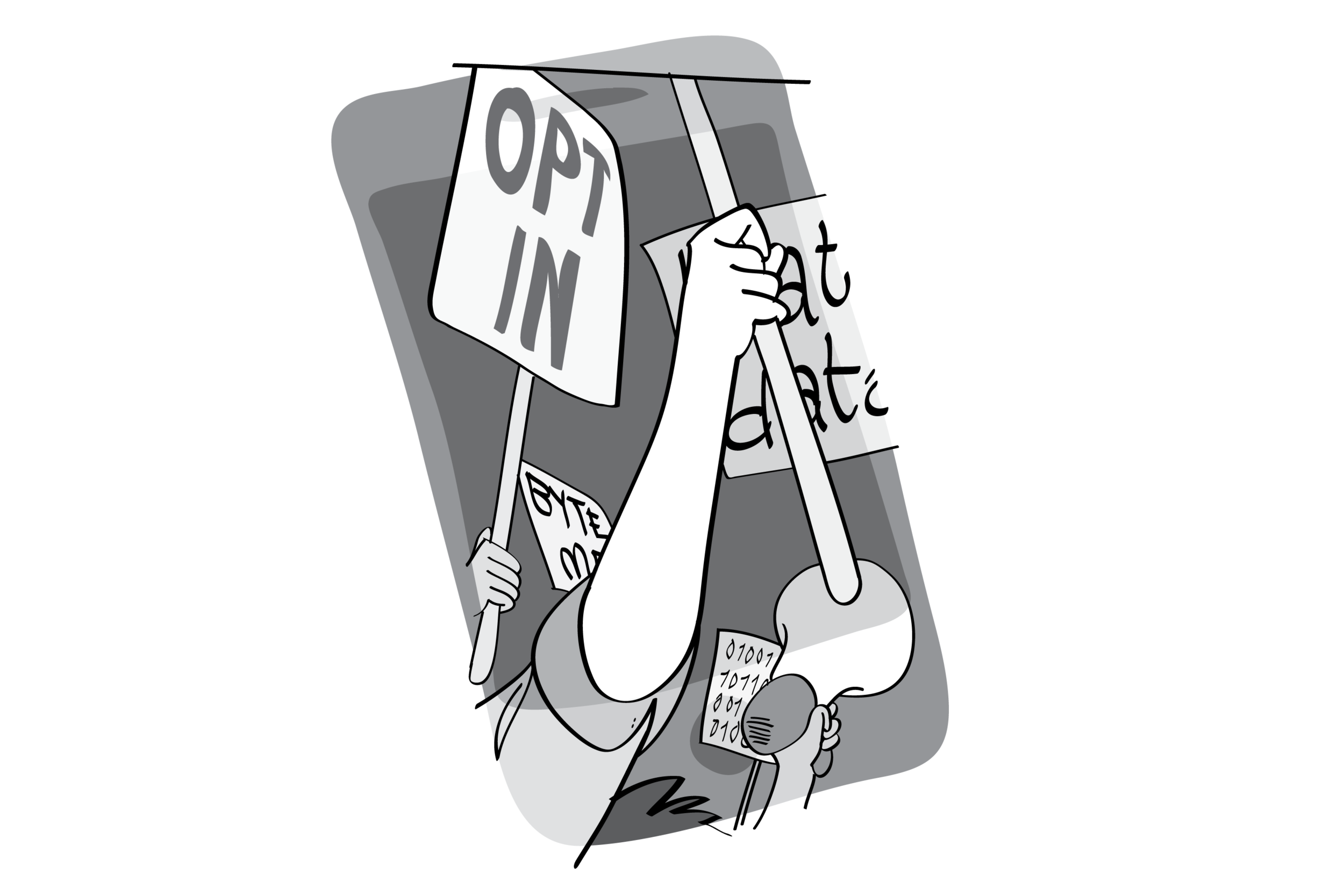Occupy Silicon Valley: A Tech Lash On The Horizon
Over the past decade we have watched an explosion of the tech industry; an industry that has largely benefited from a lack of regulation due do its rapid pace of innovation and the constant expansion of the technology frontier; and not to mention, an industry that was quietly excused from the 2011 Occupy Wall Street movement (a movement reserved for the greedy capitalist, government officials, and the elite). As a result of such regulatory freedom, tech firms have been able to weave themselves around tax authorities and shareholders and dominate industries as oligopolies or even as monopolies. In addition, tech firms have taken a noticeable step into politics. Not only have the products and services of the tech giants fundamentally changed politics forever (voting, news, social governing, access to officials), but the firms themselves have upped their political profiles to have an active voice in headlining issues. Amazon's Jeff Bezos went as far as to buy the Washington Post to establish a "political watchdog" for the public. But such an increase in financial and political power draws attention from skeptics, who fear a stark resemblance of the tech giants to previous capitalist powerhouses and have started to demand accountability and responsibility for the role that these firms play in society. We have seen minor ripples of an Occupy Silicon Valley state: the backlash against Twitter and Facebook over the election tampering, the increasing concern over privacy, the boycott threatening-calls to tech firms to side with progressive political personnel and social movements. But as our lives continue to be enriched by technological innovation, our interdependent relationship with tech firms will only get more complex, on a micro and macro level.
The relationship: As we increase our technological consumption we strengthen the footprint of the supplying tech firms. As these firms grow larger they employ more people and play a bigger role in the overall economic (and therefore political) equation.
The complexity: As tech firm, like all businesses, continue to seek profit-driving actions, such as leaner work forces and utilization of artificial intelligence over human capital, society will feel the direct impact in the form of job loss and obsolete skill sets. The greater our dependance on tech firms in the short-run the greater the impact of job loss and workforce changes in the long-run.
The result: An "occupy those responsible" response.
Can policy help with prevention?
The ideal goal is to create a system that minimizes future unemployment without hampering future innovation. Through education and training we can equip our workforces with skills that will be relevant in the future (i.e., coding and entrepreneurship). Through policy reform we can implement incentives that motivate firms do what is best for society and the workforce, in addition to shareholders. Furthermore, through constant and official lines of communication between the public and private sector we can stay one step ahead of what's to come and implement legislation accordingly. But ultimately our increasing dependence on technology inadvertently places our trust in those that supply it, and as history has shown, when society feels that such trust is being taken for granted and wealth is concentrated in the hands of a few, it takes to the streets.
Yours Truly,
Sinead
